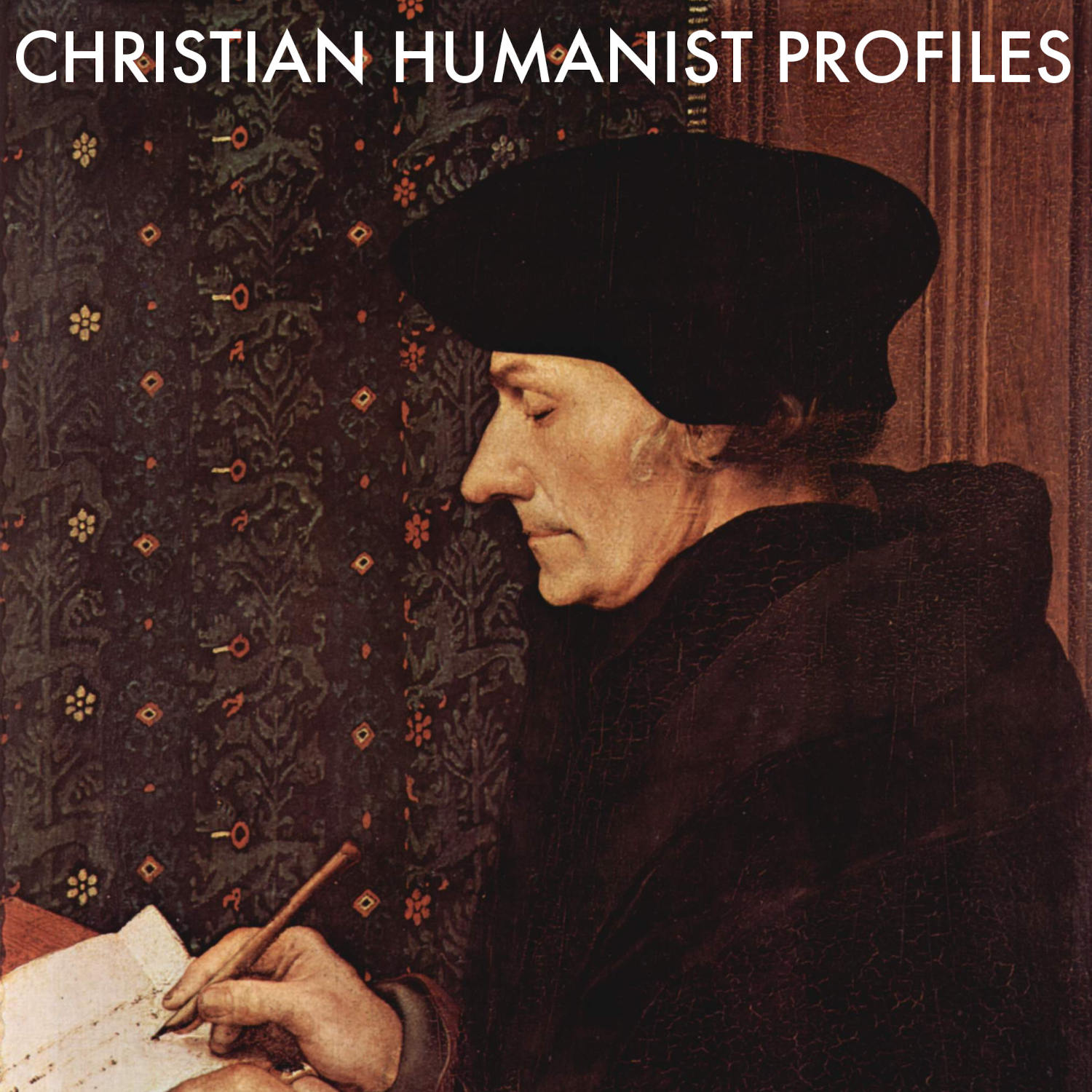“Forgive us our trespasses as we forgive those who trespass against us.” I pray those words every Sunday morning at Bogart Christian Church, and I think I have a basic idea of what I mean when I do. But that sense of solid knowledge conceals philosophical and theological disputes not only what the verb “to forgive” and the noun “forgiveness” mean but also how those realities relate to violence, reconciliation, narrative, memory, and all sorts of other complex matters. In his recent book Forgiveness: An Alternative Account, Matthew Ichihashi Potts proposes that to ask God to forgive us as we forgive is a matter of analogy, not identity, and the temporality and finitude of human existence stand crucially important to our understanding and our practicing forgiveness. Christian Humanist Profiles is glad to welcome the Doctor Reverend Potts to the show.

Michial Farmer interviews Nick Ripatrazone about his recent book, "Longing for an Absent God."

Nathan Gilmour interviews Bruce Chilton about his recent book "Resurrection Logic."

Michial Farmer interviews Mark Strauss about his recent book "Jesus Behaving Badly."